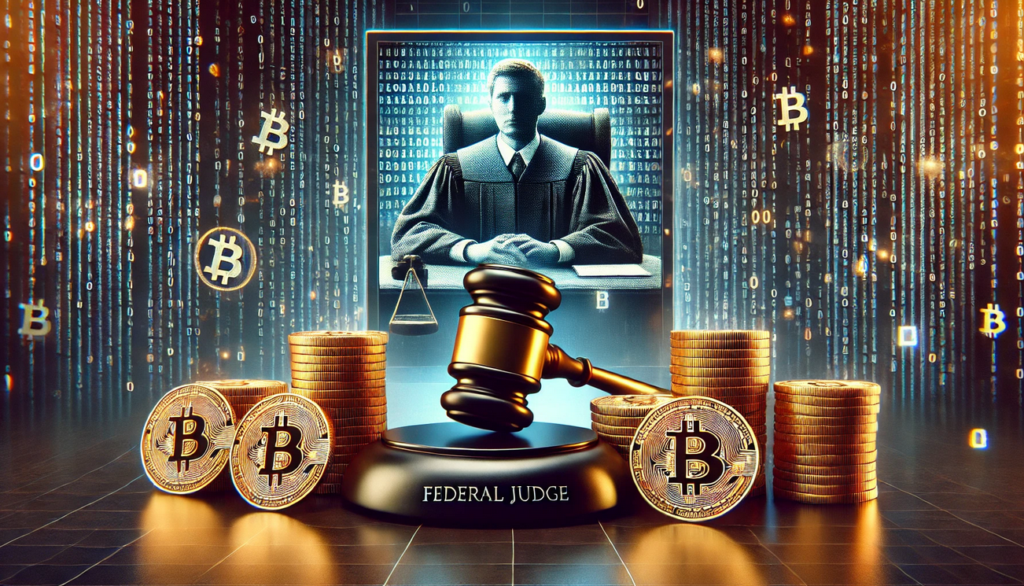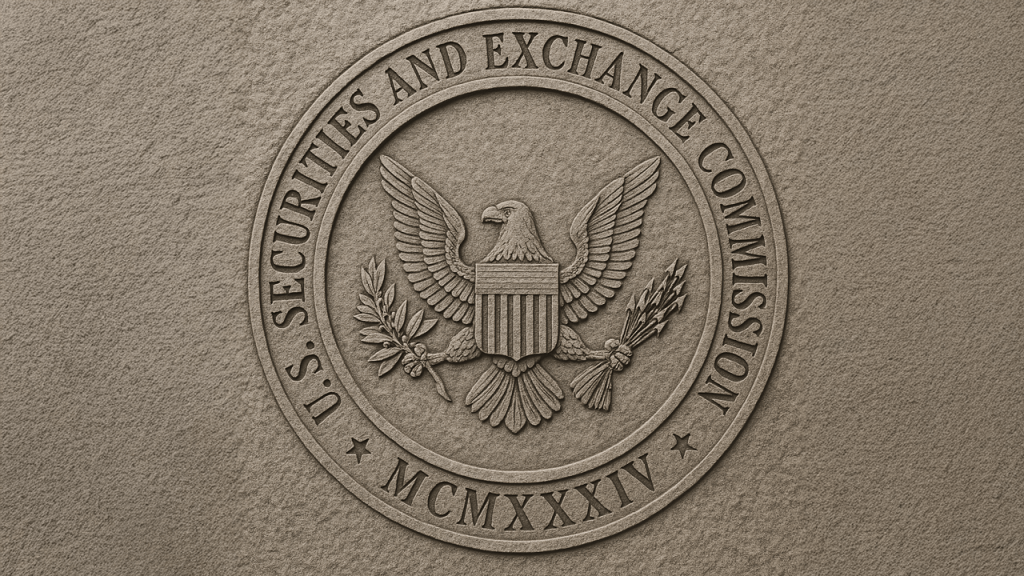 CaryptosHeadlines Media Has Launched Its Native Token CHT.
Airdrop Is Live For Everyone, Claim Instant 5000 CHT Tokens Worth Of $50 USDT.
Join the Airdrop at the official website,
CryptosHeadlinesToken.com
CaryptosHeadlines Media Has Launched Its Native Token CHT.
Airdrop Is Live For Everyone, Claim Instant 5000 CHT Tokens Worth Of $50 USDT.
Join the Airdrop at the official website,
CryptosHeadlinesToken.com

- A federal judge has approved the sale of 69,370 BTC, valued at over $6.5 billion, seized from the infamous Silk Road marketplace.
- The decision may significantly influence the Bitcoin market and reshape U.S. policy on managing confiscated cryptocurrency.
The United States Department of Justice (DOJ) has received judicial approval to sell 69,370 Bitcoin (BTC) seized from the defunct darknet marketplace Silk Road.
The landmark decision, made by Judge Richard Seeborg in December, clears the path for one of the largest cryptocurrency liquidations in history, potentially impacting the broader market due to the sheer volume of BTC involved.
The confiscated Bitcoin, currently valued at more than $6.5 billion, represents assets tied to Silk Road, an underground platform notorious for facilitating the trade of illegal goods, such as drugs and weapons, using cryptocurrency as its primary medium of exchange.
Silk Road’s founder, Ross Ulbricht, was apprehended in 2013 and is serving a life sentence for his role in orchestrating the marketplace.
Judge Seeborg’s ruling came after Battle Born Investments, a company claiming rights to the Bitcoin through bankruptcy proceedings, failed in its bid to delay the sale. The court dismissed the group’s appeal, which sought the disclosure of “Person X,” the anonymous individual who had originally surrendered the Bitcoin to authorities.
This legal battle highlighted ongoing debates around the transparency and procedural fairness in asset forfeiture cases involving cryptocurrency.
An attorney for Battle Born criticized the decision, alleging misuse of civil forfeiture mechanisms by the DOJ. They argued that the department employed legal maneuvers to obscure critical details about the case, including the origins of the seized Bitcoin.
Nevertheless, the ruling firmly establishes the DOJ’s authority to proceed with liquidating the assets.
Speculation abounds over the potential effects of this sale on the Bitcoin market. Experts warn that a release of such a massive quantity of Bitcoin could exert downward pressure on prices, potentially triggering market volatility.
On the other hand, strategic management of the sale may mitigate drastic market disruptions.
Adding another layer of intrigue, former President Donald Trump has expressed interest in retaining these and other confiscated Bitcoin as part of a U.S. strategic reserve. If enacted, this move could consolidate significant digital assets under federal control, furthering the country’s involvement in cryptocurrency markets.
The Silk Road case remains one of the most consequential episodes in cryptocurrency history, serving as a turning point in the regulation and legal treatment of digital assets. As the United States considers its next steps under evolving leadership, the handling of these assets may set a precedent for future government actions in the crypto space.












